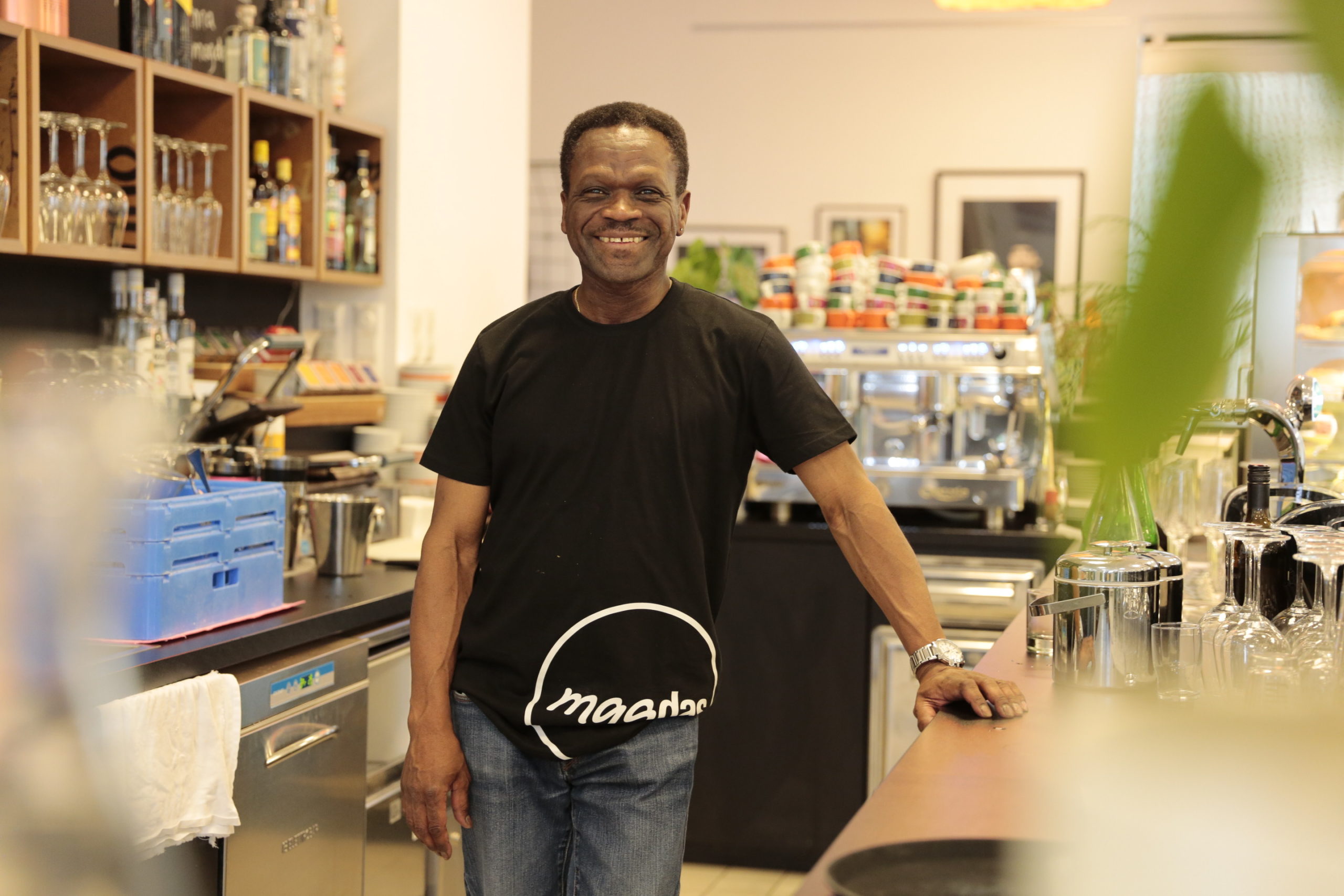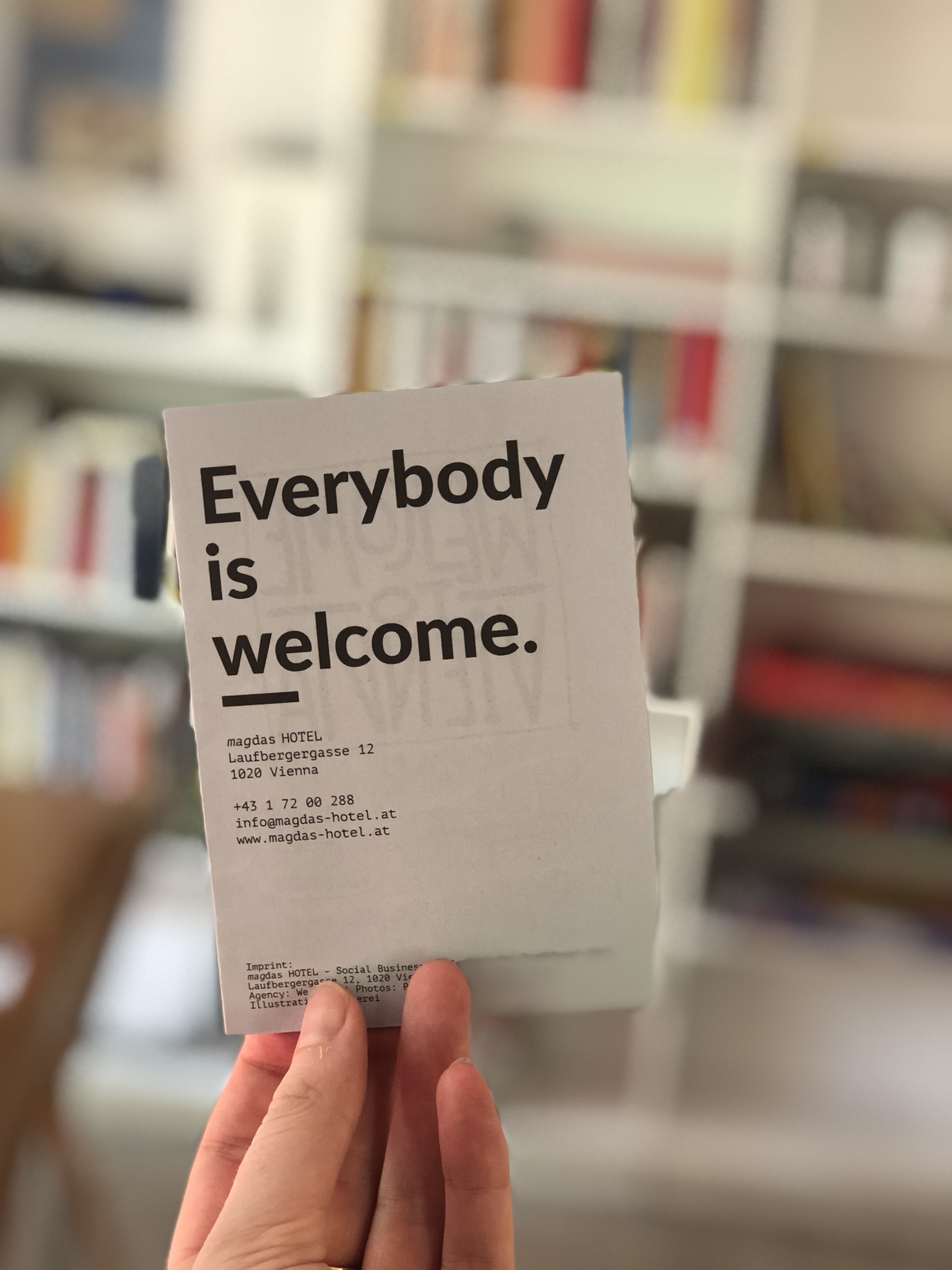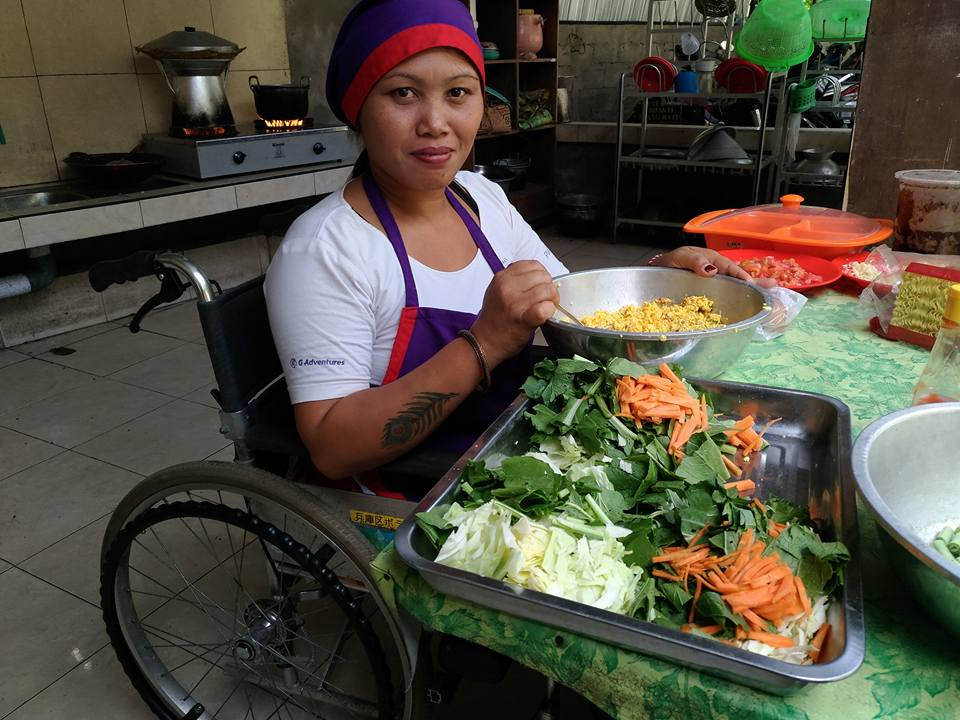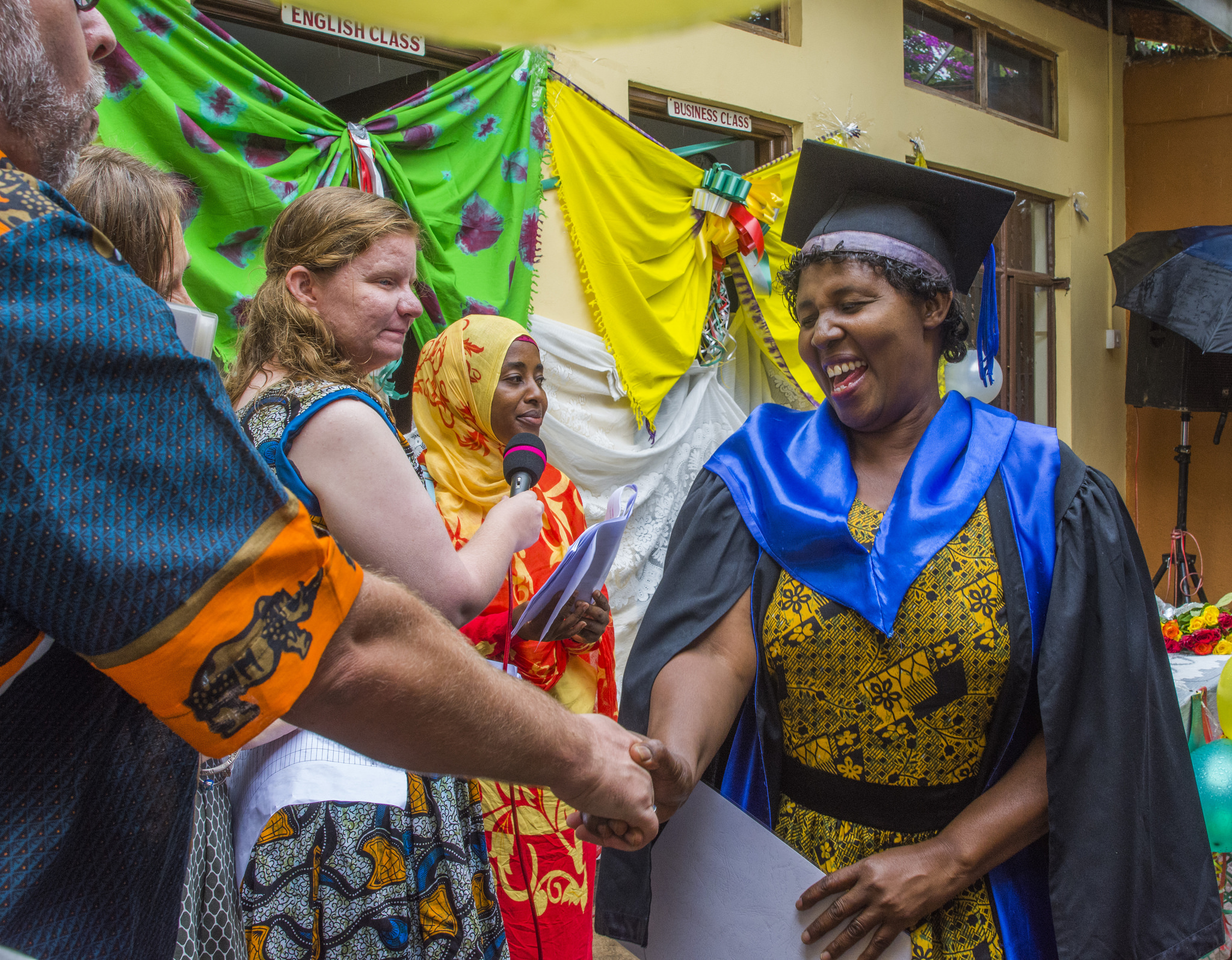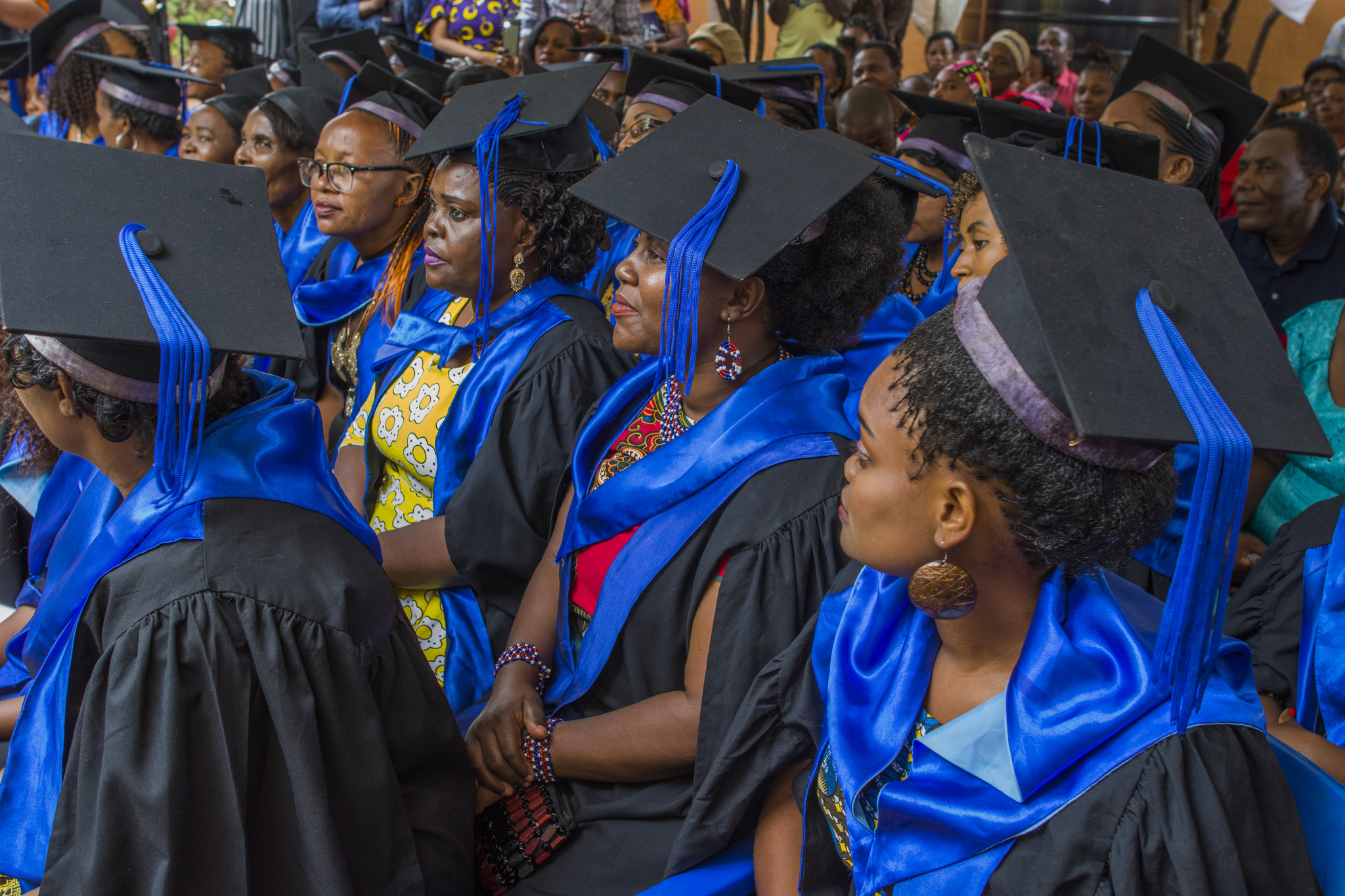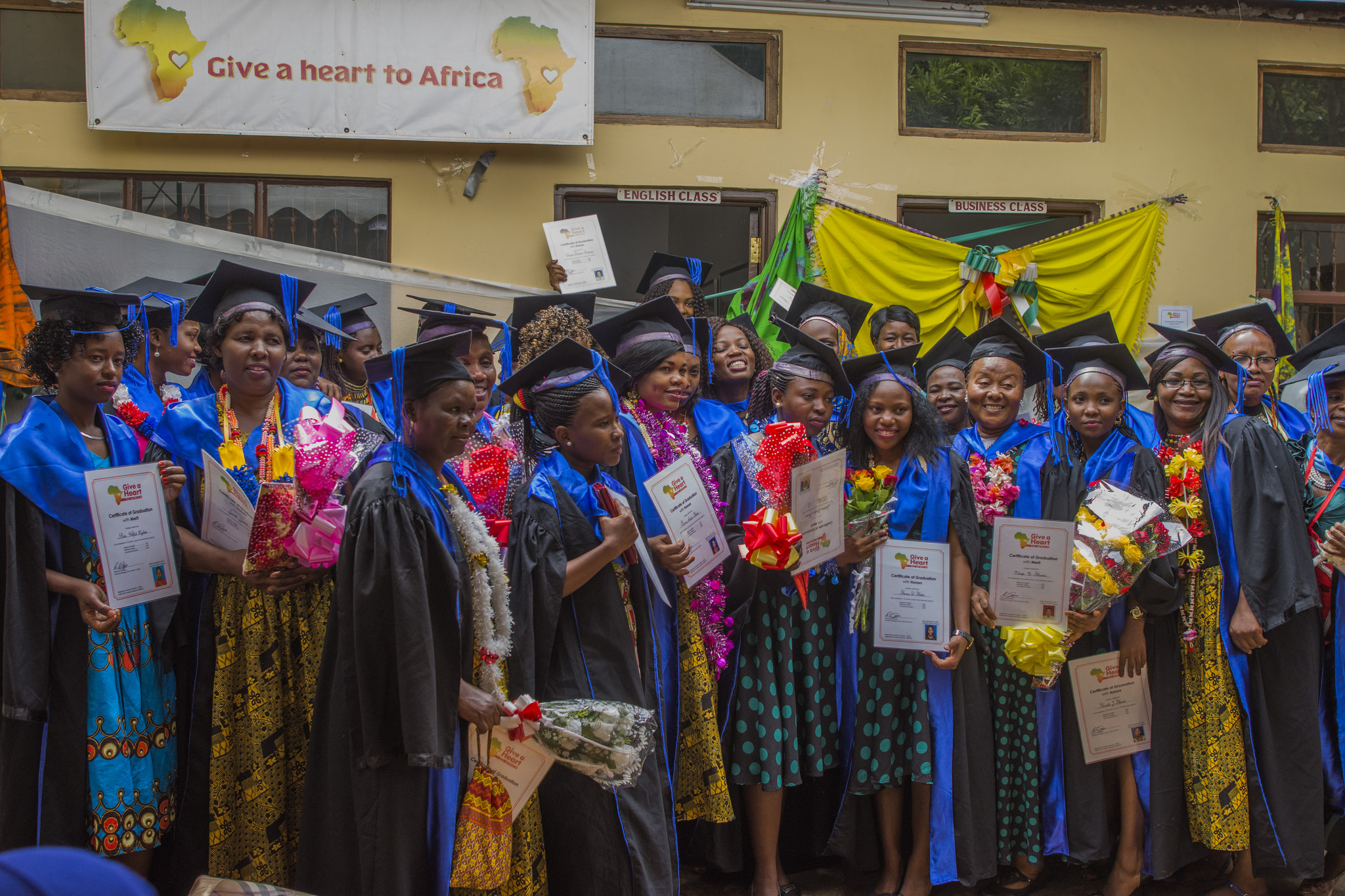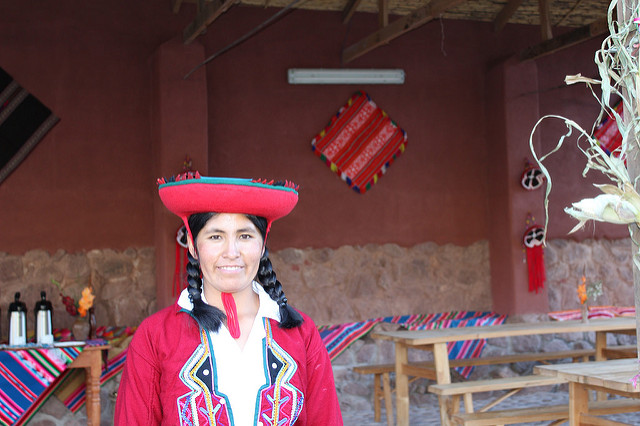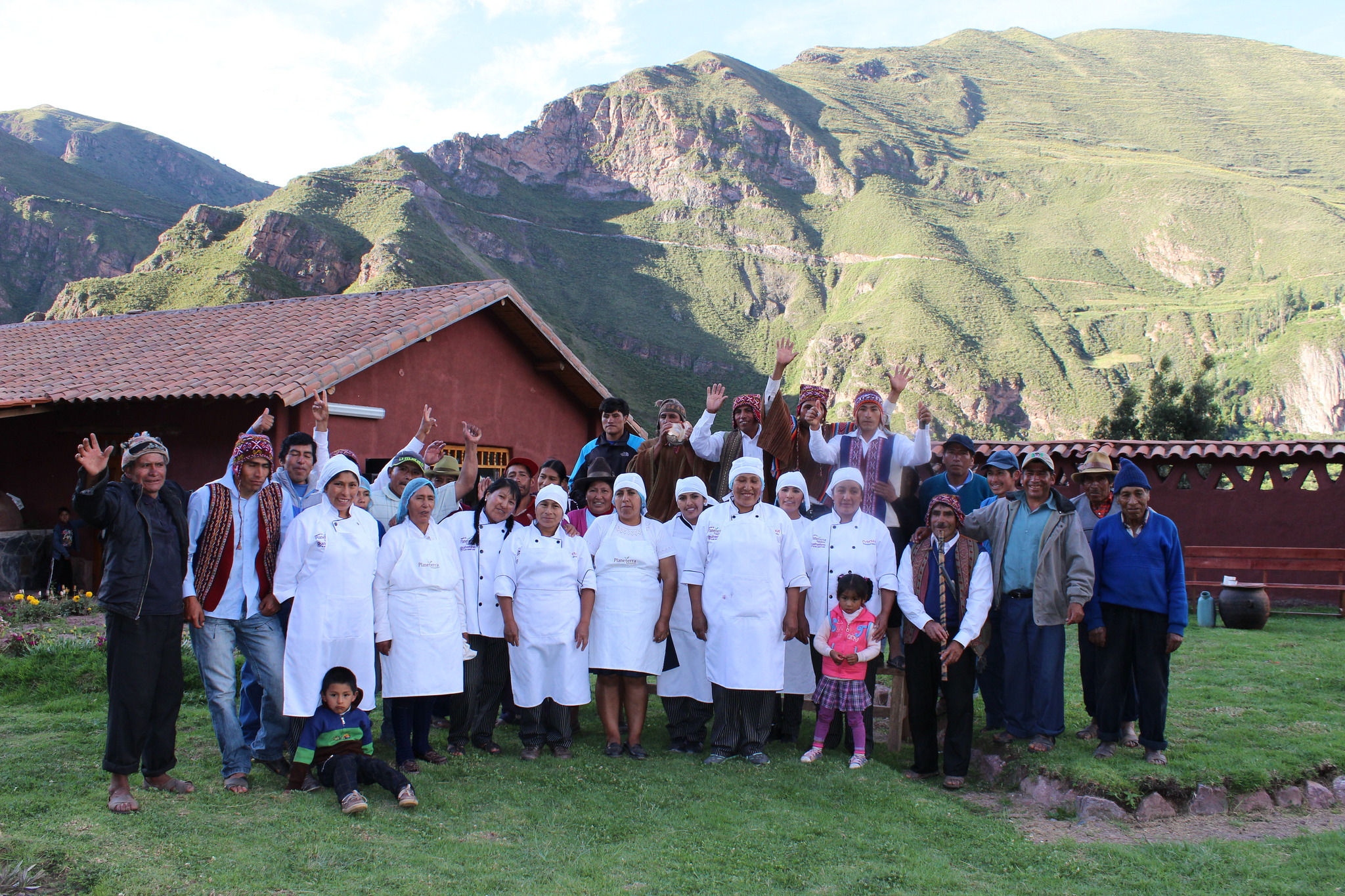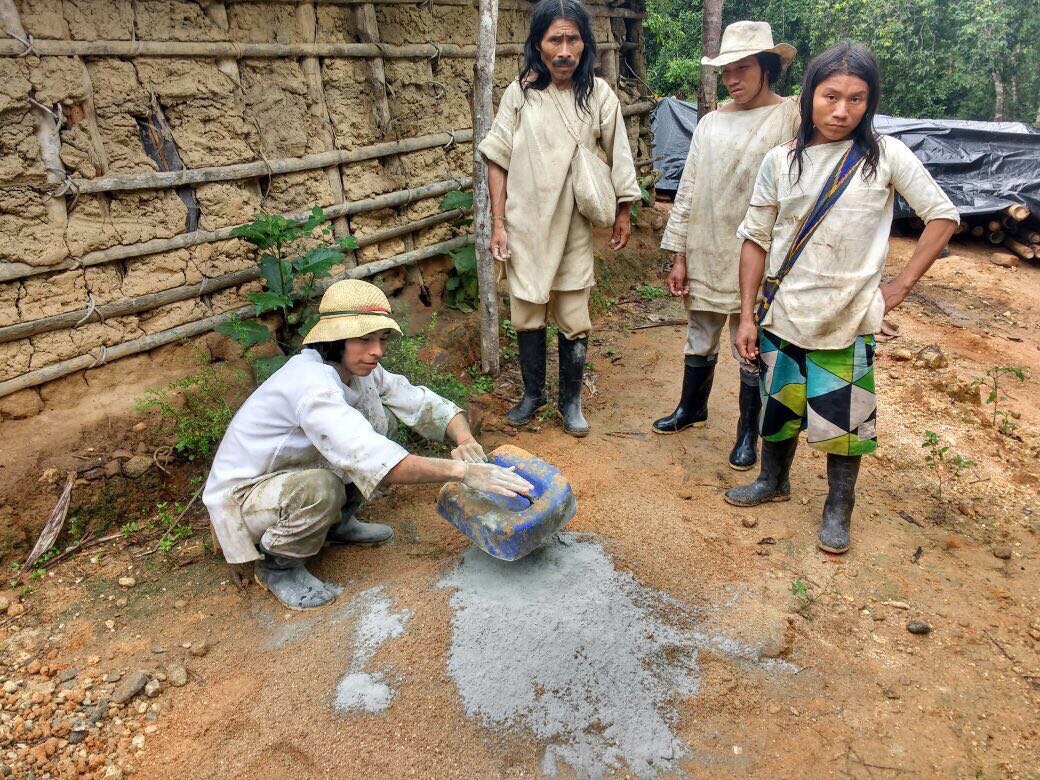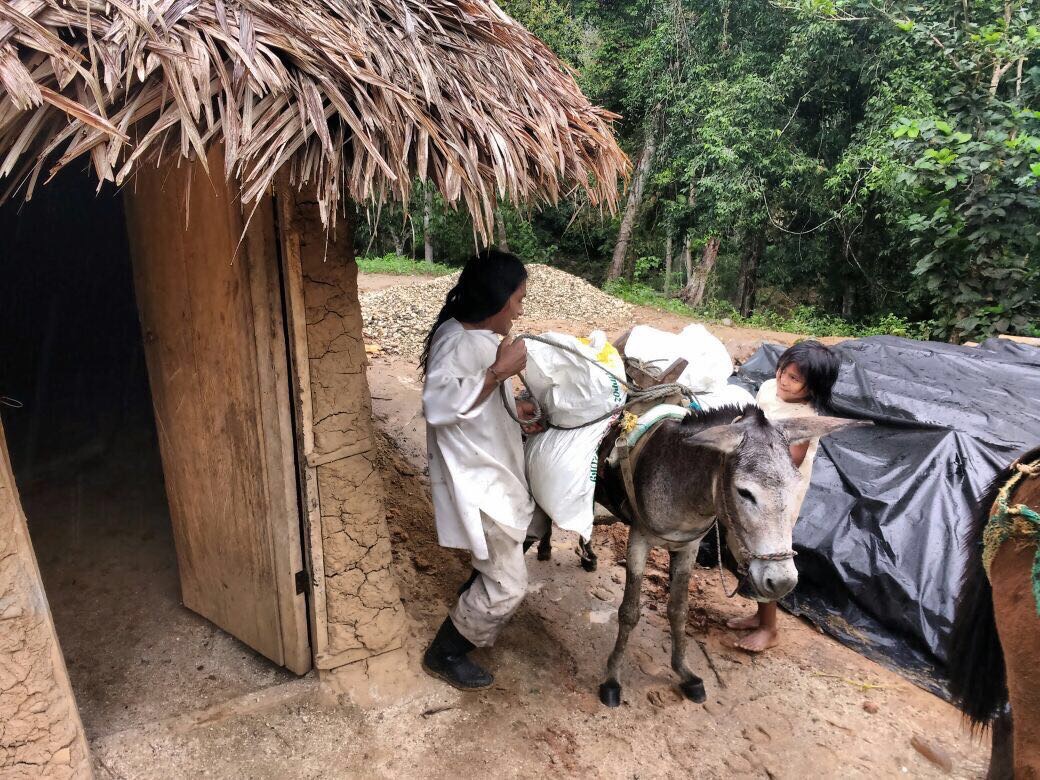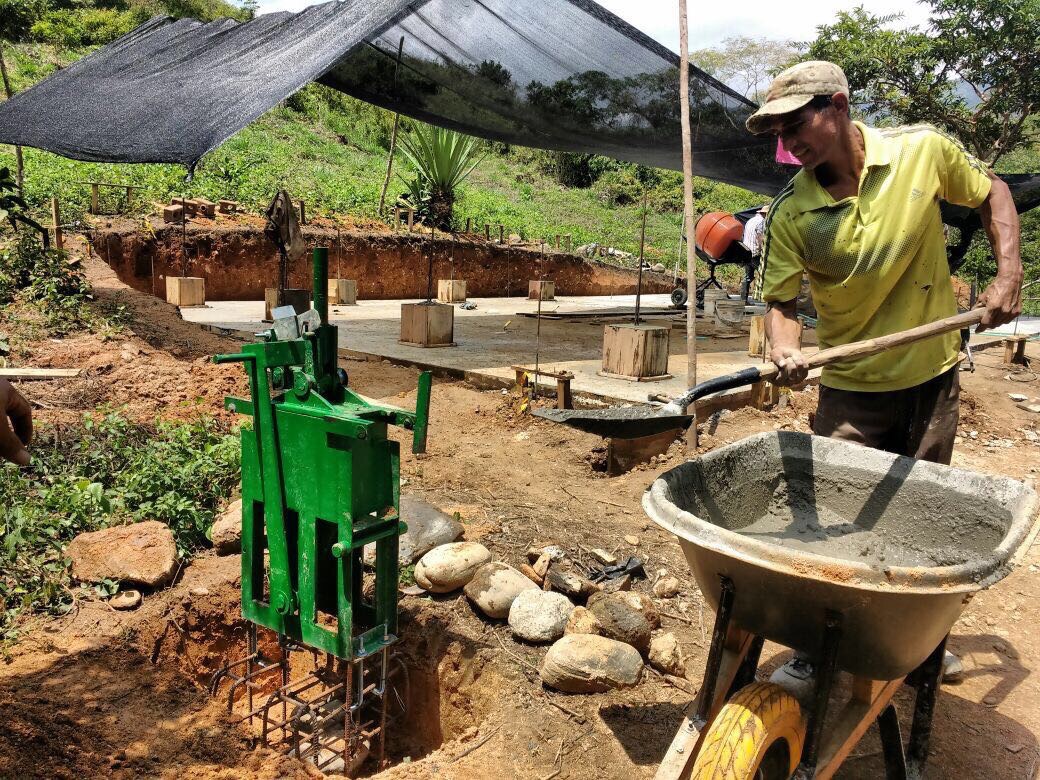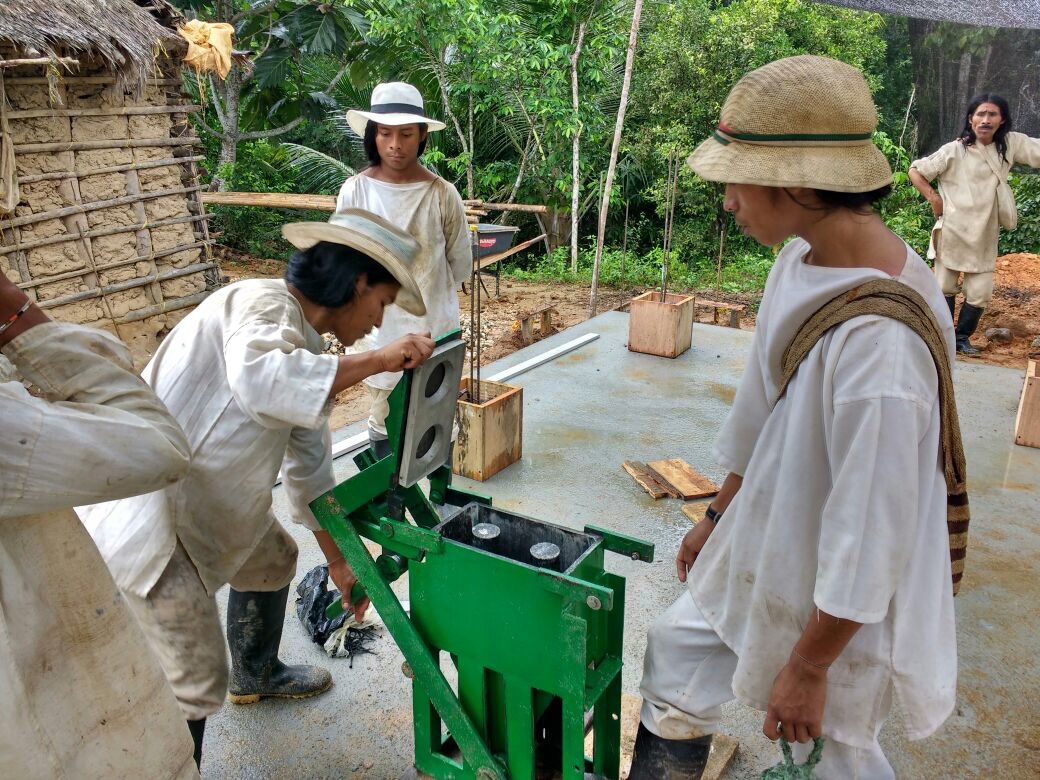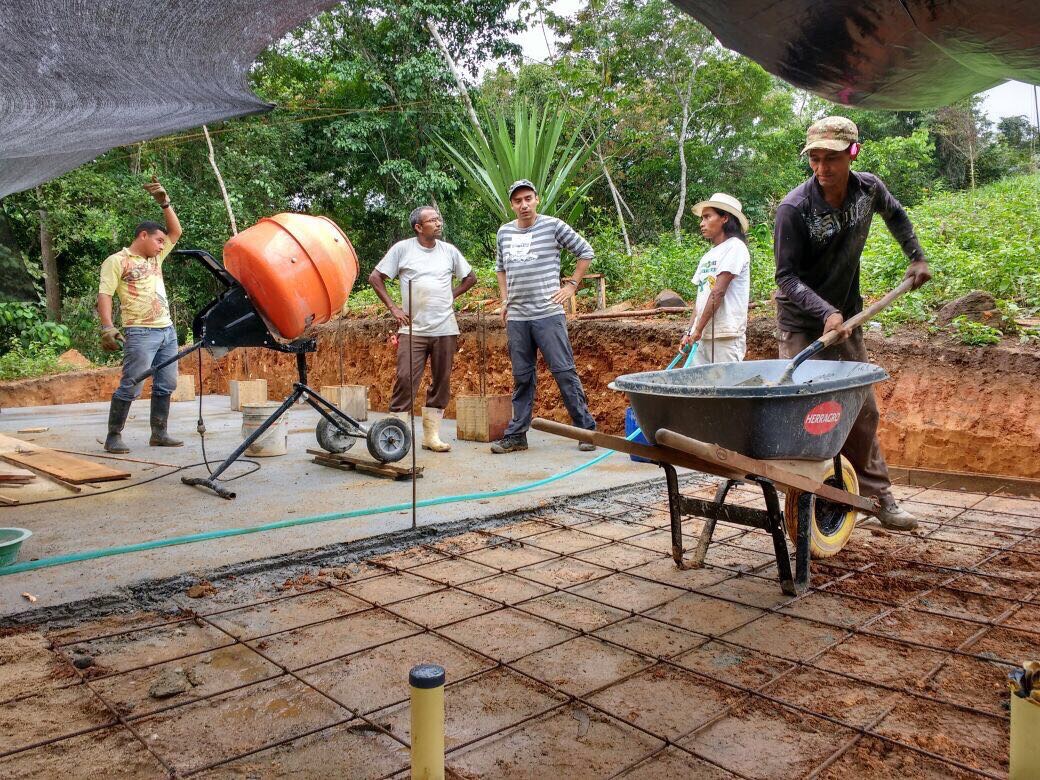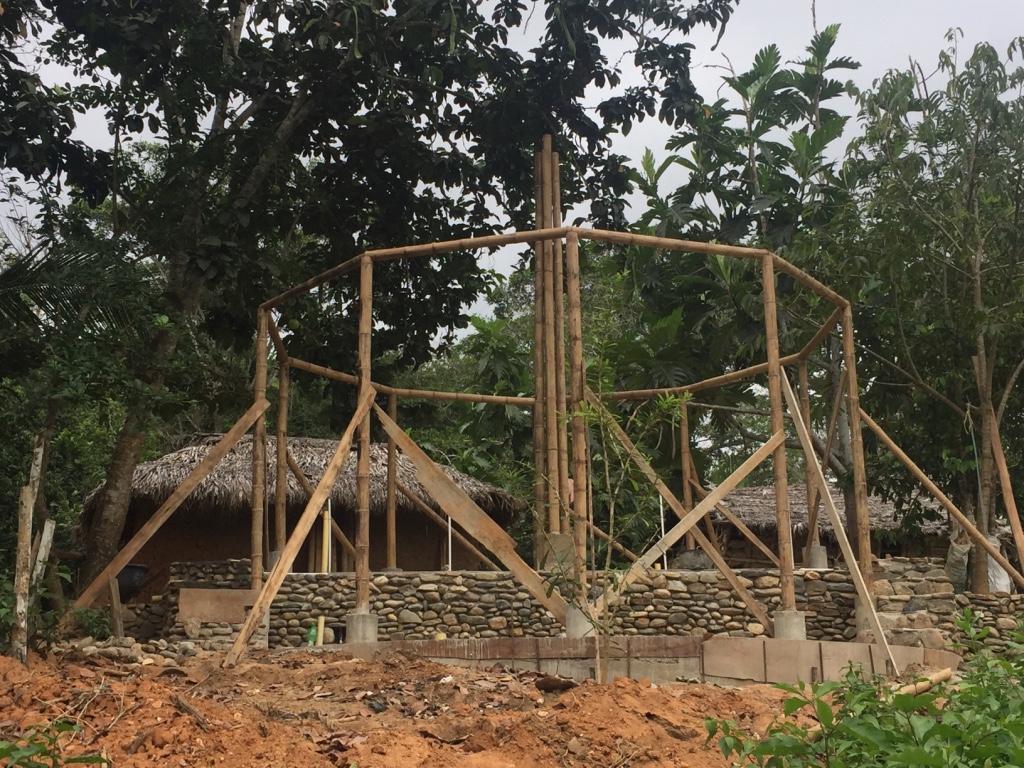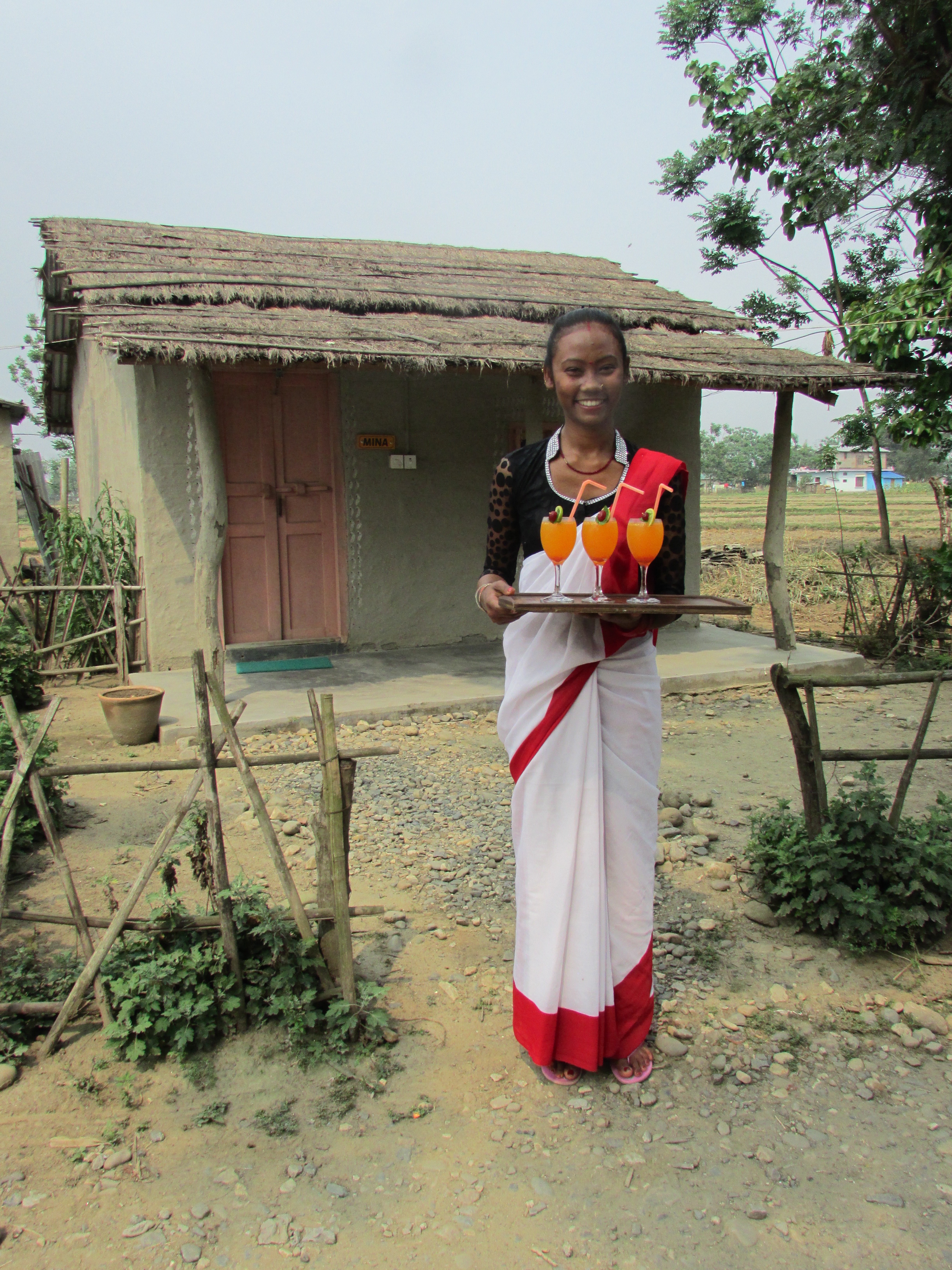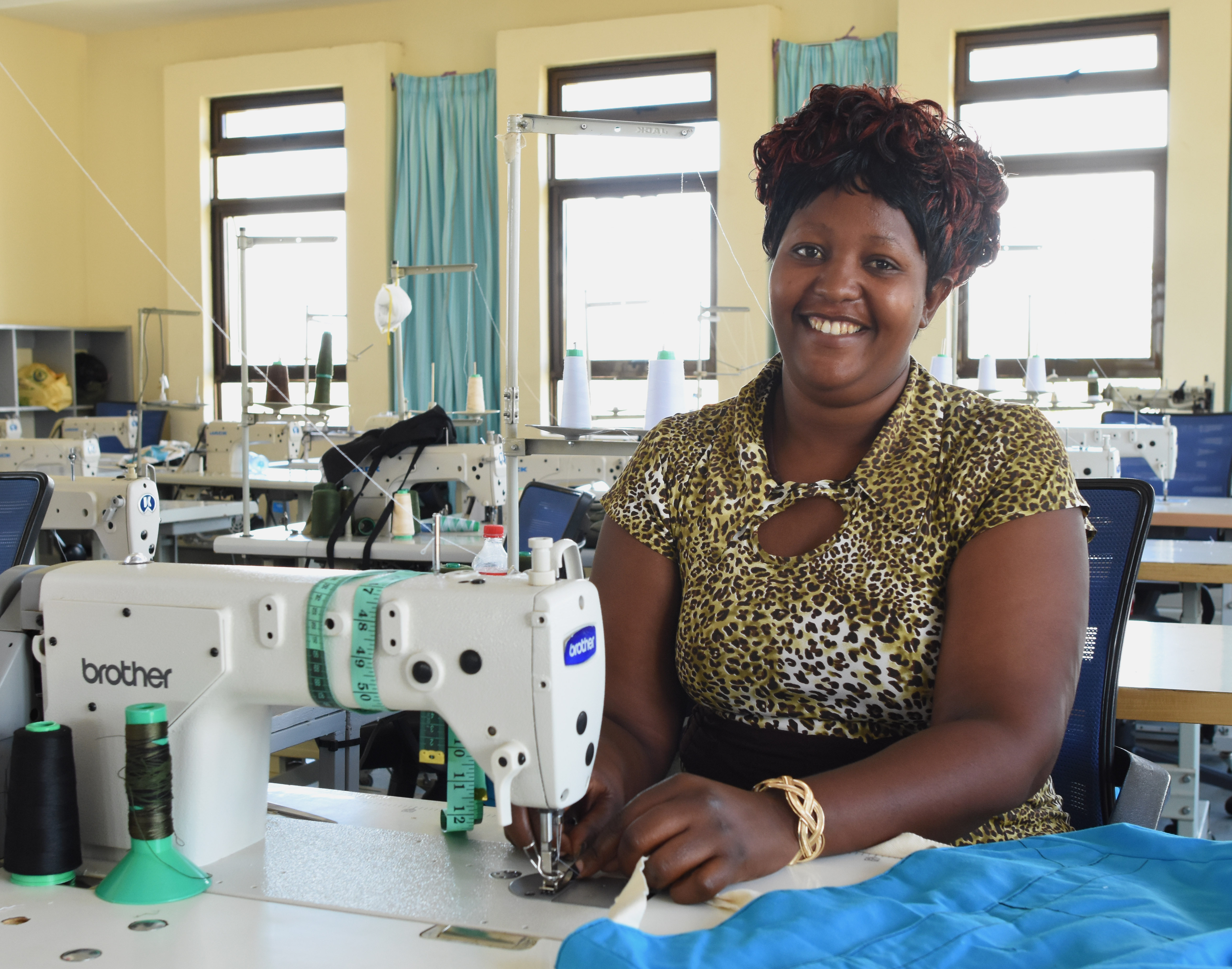From the moment I stepped foot in Café Ubuntu, it was clear I was in a place filled with meaningful connections and change-makers, but nothing could prepare me for the magnitude of difference being made by the organization’s members.
Ubuntu is an African word used across the continent to describe a feeling of togetherness, and the widely accepted definition is simply: “I am because we are.” It is the word that celebrates human connectedness, and Ubuntu’s vision for the community espouses this ethos to perfection.
Café Ubuntu makes an immediate impression on its visitors. From the painted murals on the walls to the well-kept grounds located about an hour’s drive outside Nairobi, the entire visit is a feast for the senses. Smells from lunches being cooked in the open kitchen waft into the large room where handicrafts made on-site are laid out. Meat sizzles in pans, the pizza oven hums and the coffee machine steams as the entire café gives the impression of being a living, breathing entity.
Upon our arrival, Assistant Director Ruby Ruth gave us the grand tour of the kitchen and café itself, and let us taste our first course – a delicious zucchini soup. We followed in the footsteps of G Adventures’ travellers as we received a tour of the grounds and headed up towards the Ubuntu Made Workshop, where about 20 women, most with children with disabilities, hand-make crafts to be sold locally and around the world.
That’s the really special part about Ubuntu: the women who work there. Next on our itinerary was a discussion with three of them; Josephine, Beatrice, and Esther. All three have worked at Ubuntu for at least six years, and their families have benefitted from the school for children with disabilities that is funded by Ubuntu. A true social enterprise, the funds raised through the café and handicrafts go not only towards the women, but also towards a school in their community that employs a special needs teacher and an occupational therapist.
From our chat with the ladies, it was easy to see just how much of an impact both the school and their employment at Ubuntu have had on their lives.
“I have so many blessings through Ubuntu,” says Josephine to our group during the discussion. “After some time in the Ubuntu school they did an assessment on my daughter and found she could attend regular school. Thanks to Ubuntu, my job allows me to pay for school fees.”
Esther, who has also worked at the cooperative since 2008, chimed in to say that Ubuntu’s training helped her when she was displaced during election violence in Kenya. “I earn a living and I’m able to be with the family,” Esther explains. “I was able to buy a piece of land and I constructed my house there.”
It was an incredible hour chatting to the centre’s employees and receiving our tour, and as I sat down afterwards to enjoy a locally-made meal, I couldn’t help but feel incredibly blessed to have had such a meaningful discussion with just some of the cooperative’s members. This visit to Ubuntu was my first field visit as a new member of the Planeterra team, having just started as a coordinator in January. Although I have spent many years living in Africa, the experience with these ladies, the café and workshop is one I won’t ever forget.
Alanna Wallace
Coordinator, Planeterra
